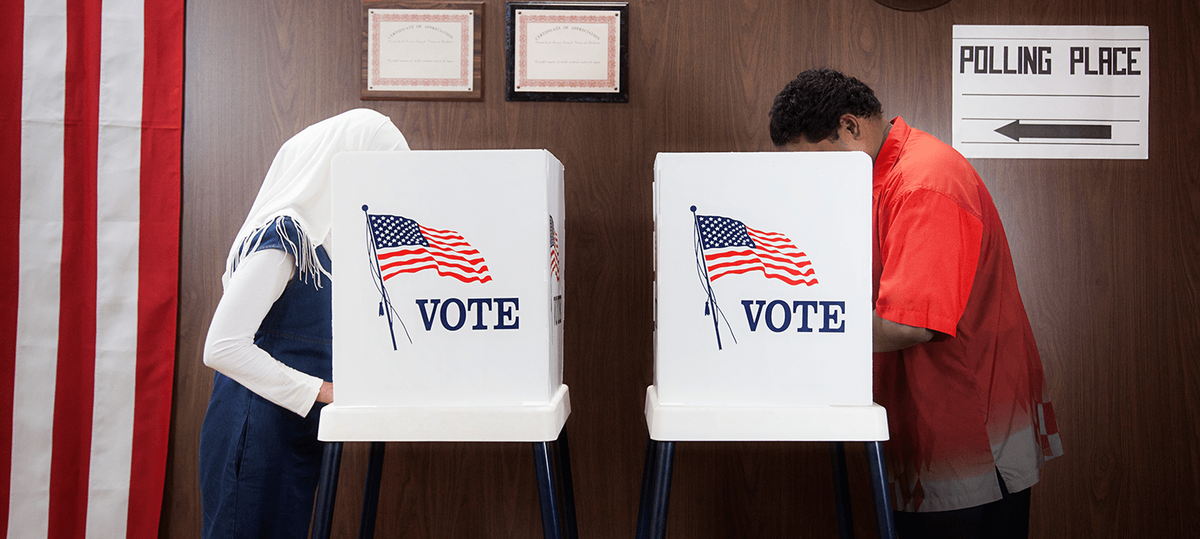There is far more across-the-board support for voting reforms than might be expected. Congressional Republicans, who rejected the Democrats’ voting-rights legislation last week, appear to have voted against the interests of many of their own constituents when it comes to running elections – at least in some circumstances. The latest Economist/YouGov Poll finds strong bipartisan support for many of the components of the failed voting rights bill, including allowing more types of voter identification, easier voting access for people with disabilities, allowing early voting, and making Election Day a national holiday.
But there are several reforms that divide the parties. These include reforms implemented in states that President Joe Biden won in 2020 and whose voting reforms — like increased mail-in ballots, and ballot drop boxes — were attacked as fraudulent by then-President Donald Trump.
These proposals polarize opinion: Democrats are in favor, Republicans are not. Sometimes the differences are enormous, with as many as eight in 10 Democrats in favor, but nearly two-thirds of Republicans opposed.
One possible pathway forward for the voting rights bill was carving out an exception to the filibuster that was preventing a vote on the legislation. While many voting rights reforms are supported by the majority of Americans, opinions on the filibuster are more starkly divided. Slightly over half of Americans (54%) say the filibuster impedes the passing of legislation, while 46% say it promotes compromise. Republicans tend to say it promotes compromise (61%), while Democrats tend to say it impedes legislation (76%). About half of Americans (51%) say we should leave the Senate rules as they are to promote compromise, while 49% say the rules should be changed so bills can pass more quickly. Eight in 10 Democrats (79%) say the rules should be changed while eight in 10 Republicans say they should be left as is.
For more than a year, a majority of Republicans have believed that Biden was illegitimately elected. In this week’s poll, 75% of Republicans say Biden was not the legitimate winner in 2020. Nearly all Democrats and six in 10 independents describe Biden as the legitimately-elected president. Republicans who reject the election’s outcome are much less likely than those who accept it to favor any of the proposed election reforms.
See the toplines and crosstabs from this Economist/YouGov Poll
Methodology: The Economist survey was conducted by YouGov using a nationally representative sample of 1,500 U.S. adult citizens interviewed online between January 22 and January 25, 2022. This sample was weighted according to gender, age, race, and education based on the 2018 American Community Survey, conducted by the U.S. Census Bureau, as well as 2016 and 2020 Presidential votes (or non-votes). Respondents were selected from YouGov’s opt-in panel to be representative of all U.S. citizens. The margin of error is approximately 3% for the overall sample.
Image: Getty










